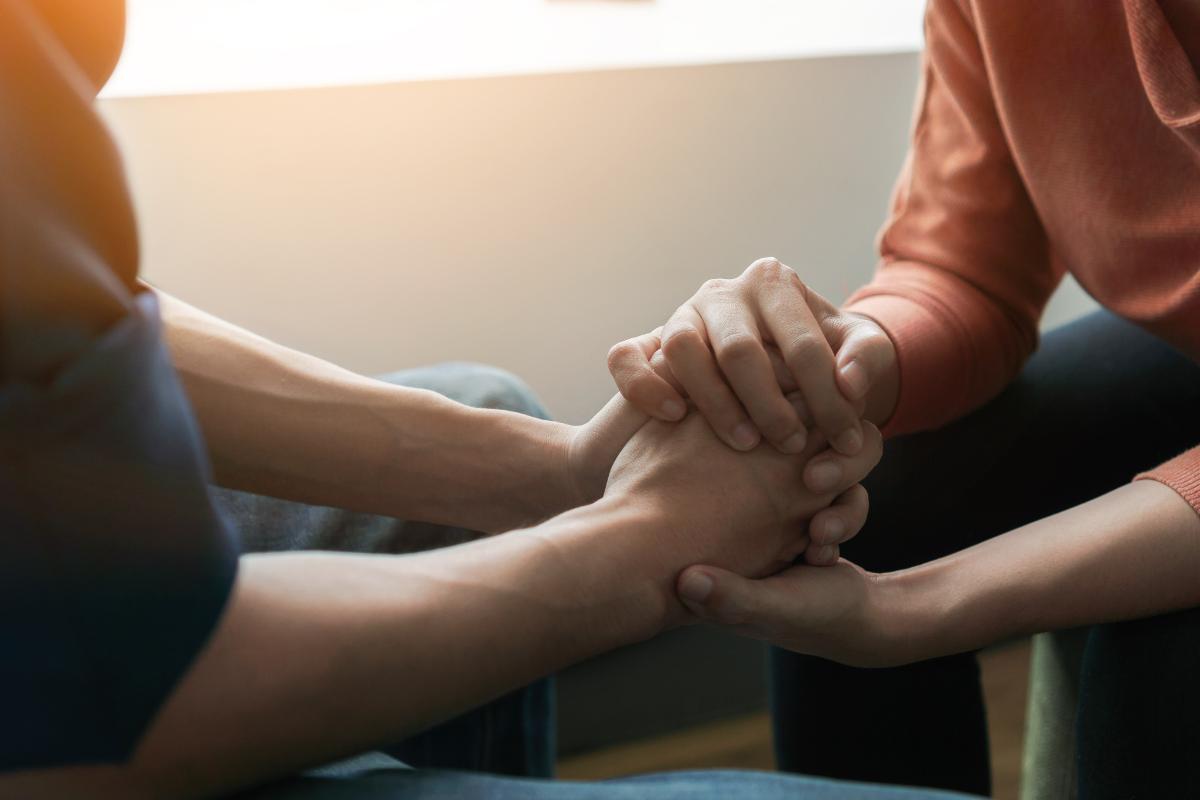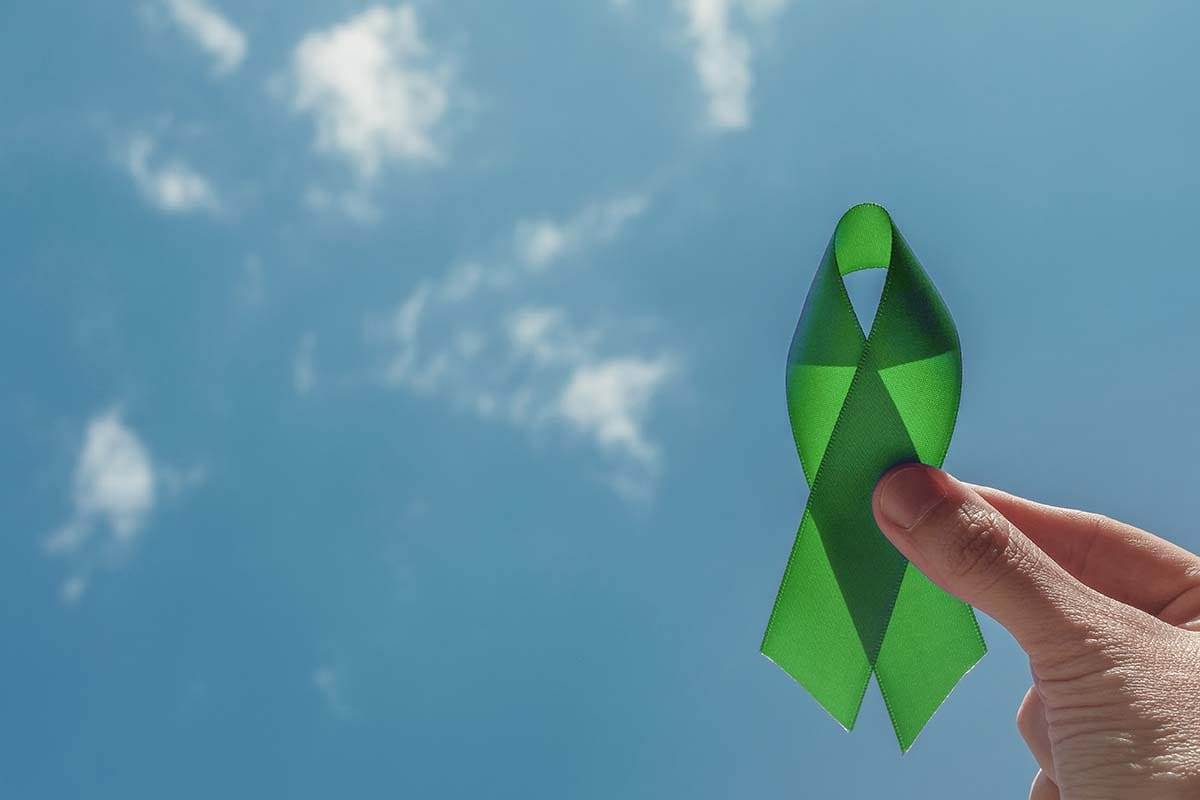[vc_row][vc_column][vc_column_text]“Made a decision to turn our will and our lives over to the care of God as we understood Him.”
In the first two steps of the twelve-step program, we are asked to reflect on our own lives. In step one, we are asked to reflect on our powerlessness and the unmanageability in our lives. In step two, we are asked to reflect on what our higher power looks like; what we believe in. In step three, however, we shift from a stance of reflection to a stance of action. Step three is all about pushing away from our self-will and welcoming in a sense of willingness.
So, what does self-will and willingness mean? Self-will is all about stubbornness. It is about doing what an individual wants without regard for the wishes of others. It is a belief that you are right and will argue with anyone who disagrees. It is about a desire for independence, control, and is typically rooted in egotism. On the other hand, willingness is all about readiness and flexibility. It is rooted in trust outside the self.
Before continuing, I feel it is important to address the religious influence in step three with the use of the word “God.” As I had previously mentioned in my discussion of step two, twelve-step programs are not inherently religious and there is no requirement that the individual practice religion or believe in God. Rather, the important piece of step three is the last part, “…as we understood Him.” This piece reminds us that it is not about God, but about whatever the individual has identified as their higher power. Perhaps that higher power resides in nature, science, or the twelve-step program itself. In this step, the individual is asked to loosen their grip on the desire to control their lives and instead places faith, trust, and hope in their higher power. It is about aligning the will of the individual with their higher power. In this step the individual begins to experience serenity.
Step three also introduces a component of the twelve-step program that countless individuals have found monumental to their recovery: the Serenity Prayer.
God grant me the serenity to accept the things I cannot change, courage to change the things I can, and the wisdom to know the difference. Thy will, not mine, be done.
The Serenity Prayer introduces a key concept that extends far beyond recovery and has useful applications across life. In it, we examine and recognize the limits of our control. The prayer highlights the notion that there are some things we can control and some things we cannot. For example, we cannot control the behaviors of others but do have control over how we react to any given situation. When we attempt to control something that is uncontrollable, we are often left feeling angry or dejected when things don’t go our way. The Serenity Prayer encourages us to ask ourselves, ‘Is this situation something worth getting upset over or is it out of my control?’
By Jonathan Fricke, MA[/vc_column_text][/vc_column][/vc_row]

























